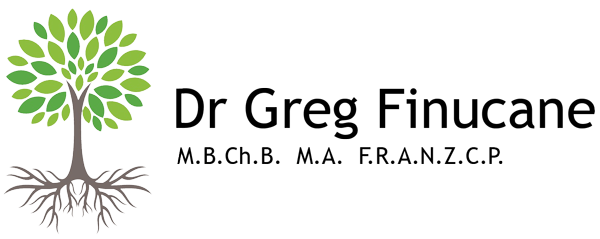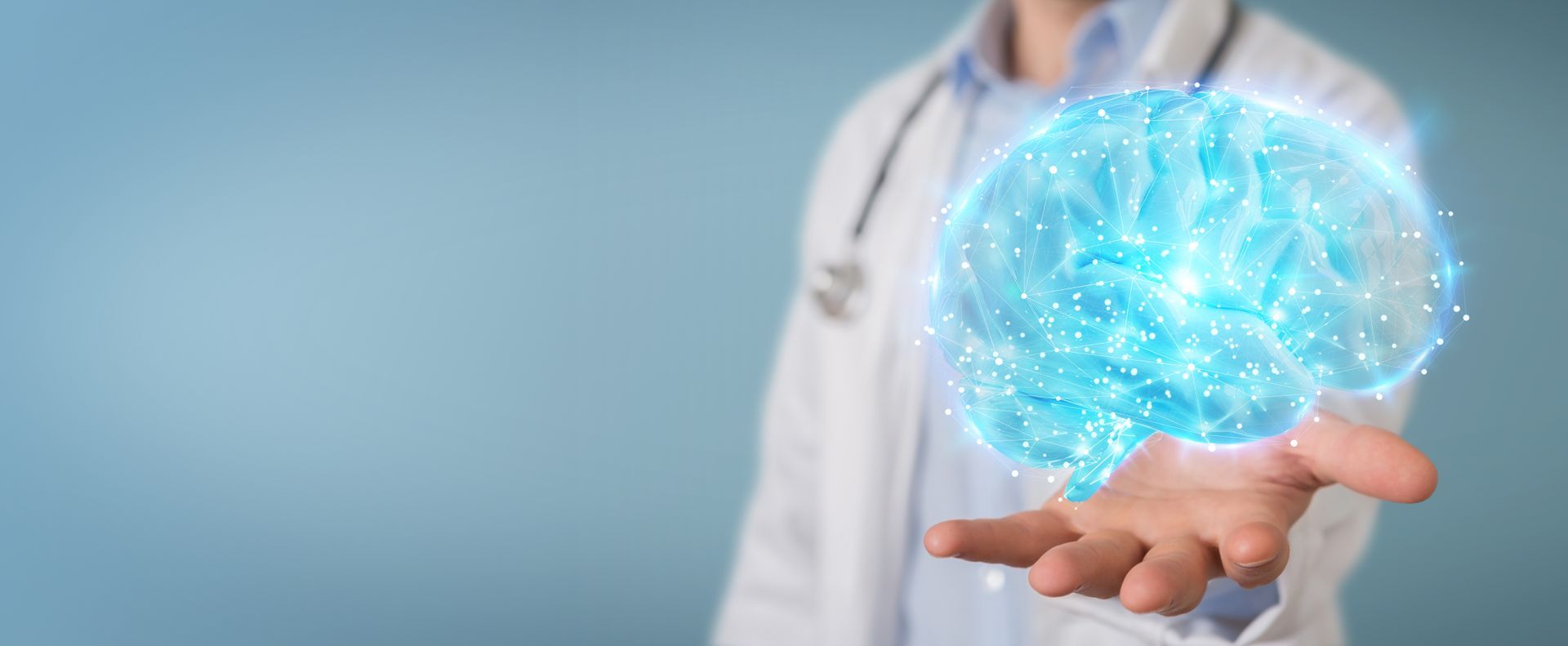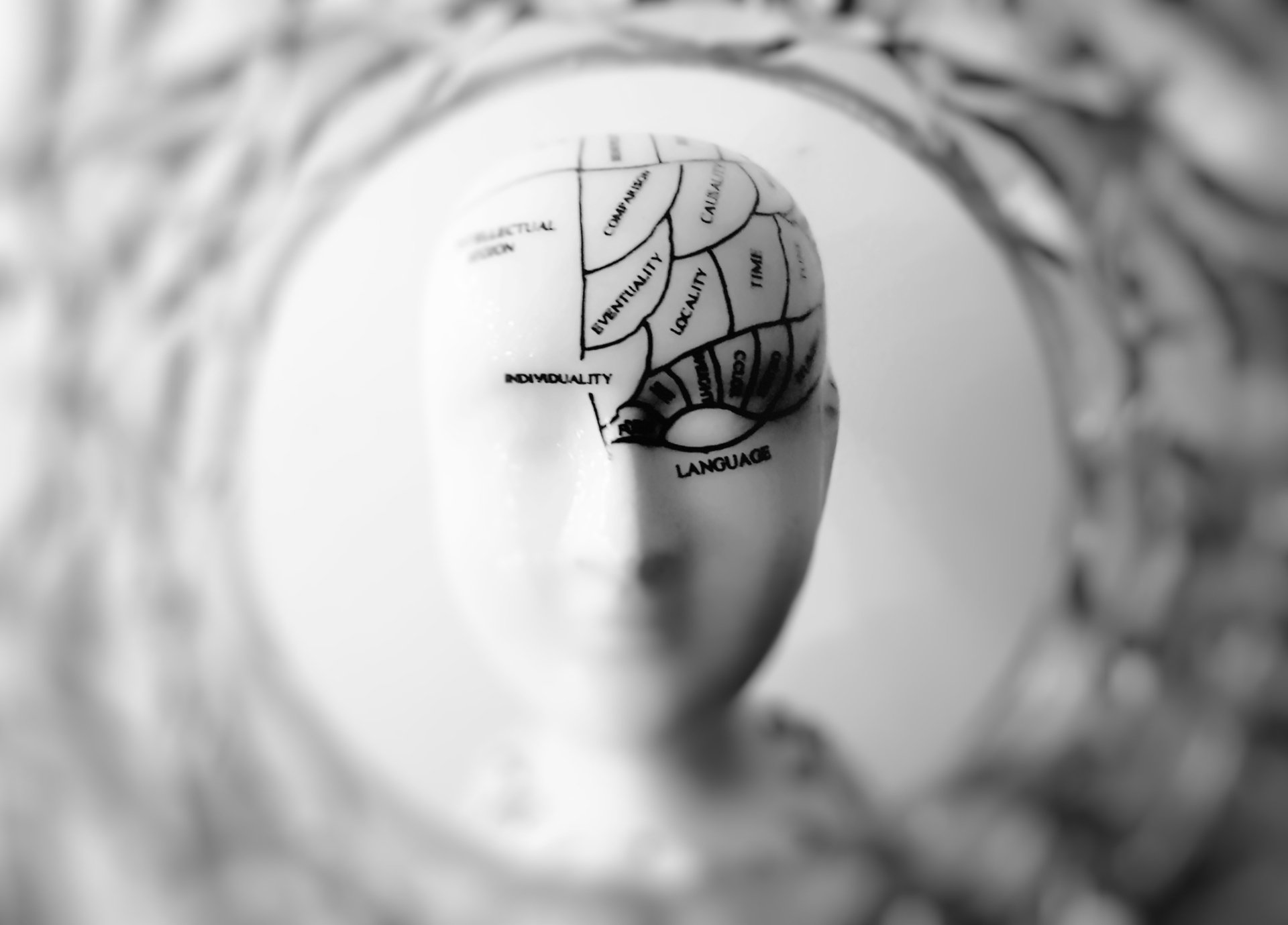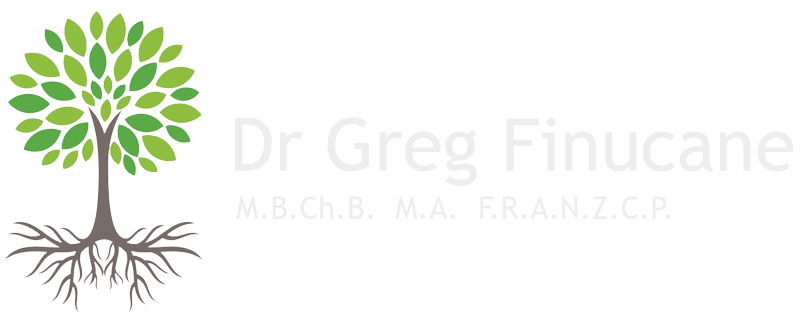October 2022
Another eventful month

Its been a week for ADHD news with a GP who specialises in ADHD being defended at a disciplinary tribunal hearing for allegedly breaking the rules on prescribing, and Dr David Hughes, the medical practitioner who is the Pharmac Chief Medical Officer and not a psychiatrist as such, stating it is time to change access criteria to stimulants.
One of the key problems here is that of the accuracy of ADHD diagnoses as discussed in my last blog. It’s not appropriate to treat poor concentration due to anxiety with stimulants; I'm also thinking here of the Variable Attention Stimulus Trait discussed by Ed Hallowell and John Rate in their book ADHD 2.0 released early last year, which I thoroughly recommend.
It's clear that increasing access to stimulants is appropriate. I recall Pharmac changing criteria around 20 years ago to make it much more difficult to prescribe stimulants to support recovery from traumatic brain injury, or other forms of acquired bring injury e.g. for amotivation post stroke, and those working in the field weren’t consulted. These applications should be for a rehabilitation specialist or neuropsychiatrist though rather than at primary care level.
Methamphetamine is pretty widely available in NZ, unfortunately, so the need to tightly control stimulant access to prevent harm is less justifiable now, when symptomatic individuals would benefit from their use. And its not a time to be overcautious about diagnosis as individuals with undiagnosed ADHD by and large found the Covid lockdowns very difficult. However, each year there are people admitted to mental health units who have abused prescribed stimulants and have become psychotic. Also, unlike other controlled substances such as opiates and benzodiazepines which should mostly be for short to medium term use only, stimulants are appropriately prescribed long term. This implies both that the diagnosis should be robust, and adverse effects should be monitored for, both rare adverse effects (such as peptic oesophagitis with dexamphetamine) or more common problematic effects (unmasking psychosis, exacerbating arrhythmia).
On another topic the new research showing a 15 fold increase in Motor Neurone Disease in Scottish former rugby players at autopsy in the Journal of Neurology, Neurosurgery and Psychiatry two weeks ago is both quite compelling and very concerning; this needs more research of course. The open access article can be accessed here: https://jnnp.bmj.com/content/jnnp/early/2022/09/07/jnnp-2022-329675.full.pdf
The CBD for epilepsy story has not become any less confusing. There does seem benefit especially for certain epilepsy syndromes such as Tuberous Sclerosis complex, Dravet syndrome and Lennox-Gastaut syndrome (Epidiolex is approved for these indications in the US). However, research last year showed the naturally occurring endocannabinoid 2-arachidonoylglycerol (2-AG) is released early and helps damp down seizures but then its breakdown produces prostaglandins causing vasoconstriction and so reduced oxygen supply to the vulnerable area, potentially causing some of the post ictal confusion and fatigue. Some preparations of CBD, possibly those with some THC, may increase seizures in some people, though on the other hand a case series of 10 children with epilepsy taking a whole plant cannabis preparation had an 86% reduction in seizures with no major adverse effects (BMJ Paediatrics Open, 2021). One paper in Epilepsy and Behaviour last July indicated CBD oil may improve tolerability of some anticonvulsant medications. On the other hand, CBD oil can cause sleepiness, diarrhoea, fatigue, decreased appetite and impaired liver function, and may interact with other anti-epilepsy drugs. People taking valproate may develop increased liver function tests, while people taking Clobazam may feel especially tired. Though, another paper suggests clobazam is more effective alongside CBD oil.
In practice, many families do try CBD oil for those with refractory seizures. Unfortunately the NZ Medical Cannabis Agency approved medicinal cannabis products remain too expensive for most families and so “artisanal” CBD products with unclear quality control are accessed. Sometimes the CBD oil seems to contribute to fatigue, poor concentration, loss of motivation, “suppression of personality” in neurodivergent individuals etc. and so it seems that whilst CBD oil is worth trying, there needs to be an individualised titration and detailed cost benefit analysis for each case.
Mauri ora, Greg





